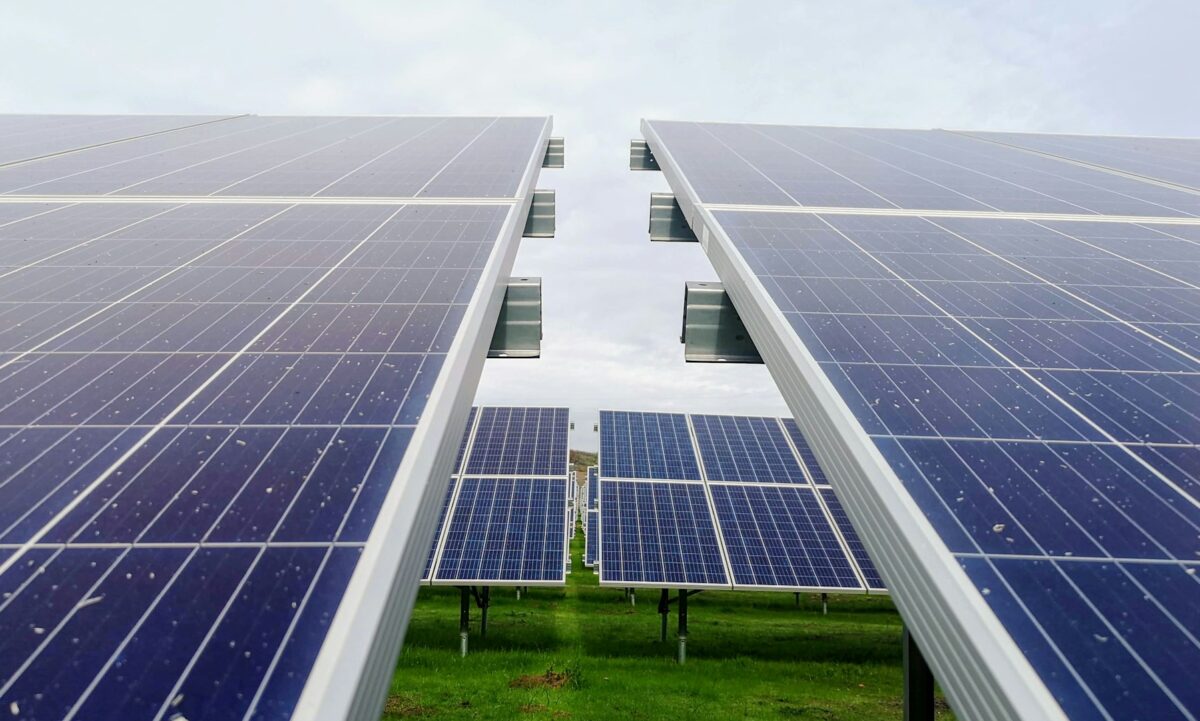The EBRD is financing the construction and operation of two solar plants in Tunisia. Its funding package, co-financed by French development agency Proparco, consists of a loan of up to €12.5 million, alongside a concessional tranche of €8.2 million from the Clean Technology Fund and €4.6 million from the Global Environment Facility.
The two solar plants in Tozeur and Sidi Bouzid will be developed by Scatec and Aeolus, a unit of Toyota Tsusho. They will be the developers’ first utility-scale projects in Tunisia and are expected to cut annual carbon emissions by up to 108,000 tons once operational. The projects also qualify for a financing program run by Japan’s Ministry of Environment in collaboration with Tunisia.
Nandita Parshad, managing director of the EBRD’s Sustainable Infrastructure Group, said the projects are “testament to the sponsors’ commitment to supporting the development of Tunisia’s renewable energy sector.”
The EBRD said that since 2012, it has invested more than €2.3 billion in 73 projects in Tunisia and provided support to around 2,000 small- and medium-sized local enterprises through European Union-funded technical assistance schemes.
Earlier this year, the EBRD announced financing for the construction of a 10 MW solar plant in the Feriana region of Tunisia, while Dubai-based Amea Power began work on a 120 MW plant located in the northeastern part of the country.
Tunisia had deployed 506 MW of solar by the end of 2023, according to figures from the International Renewable Energy Agency (IRENA).
This content is protected by copyright and may not be reused. If you want to cooperate with us and would like to reuse some of our content, please contact: editors@pv-magazine.com.




By submitting this form you agree to pv magazine using your data for the purposes of publishing your comment.
Your personal data will only be disclosed or otherwise transmitted to third parties for the purposes of spam filtering or if this is necessary for technical maintenance of the website. Any other transfer to third parties will not take place unless this is justified on the basis of applicable data protection regulations or if pv magazine is legally obliged to do so.
You may revoke this consent at any time with effect for the future, in which case your personal data will be deleted immediately. Otherwise, your data will be deleted if pv magazine has processed your request or the purpose of data storage is fulfilled.
Further information on data privacy can be found in our Data Protection Policy.